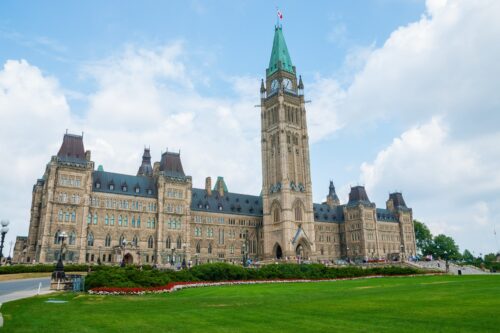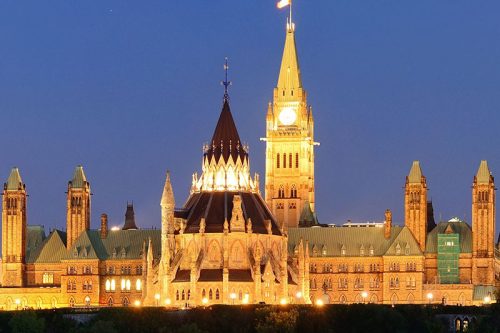Clothing Drive 2023
Thank you for the support for our 2023 Clothing Drive. It was a huge success! This year we supported the Anawim Houses for men and women and the Justice Van Society. We received much needed clothing and warm items. We couldn't have done this without your donations and the support of our volunteer drivers who took the items to the charities! We can't thank you enough for your generosity of time. These donations are distributed…










